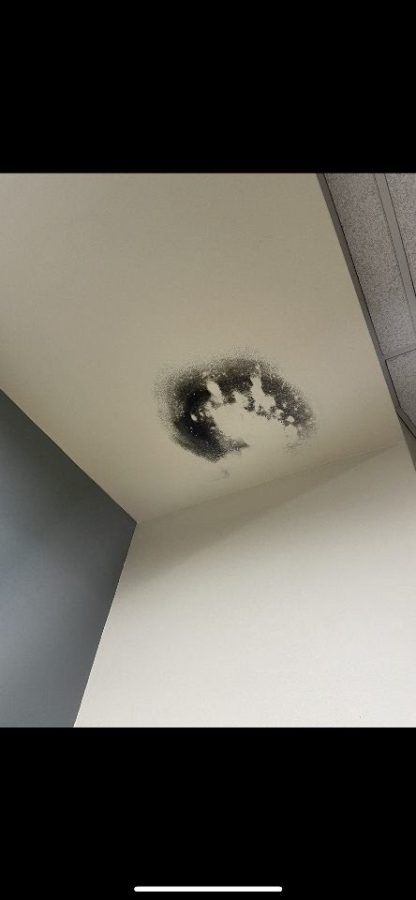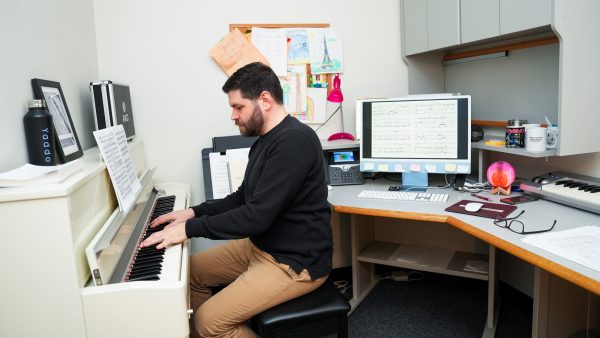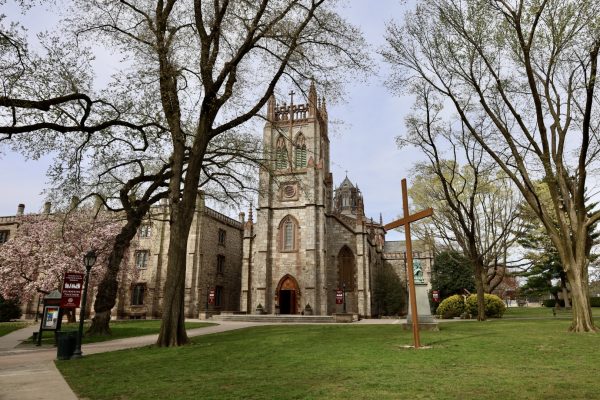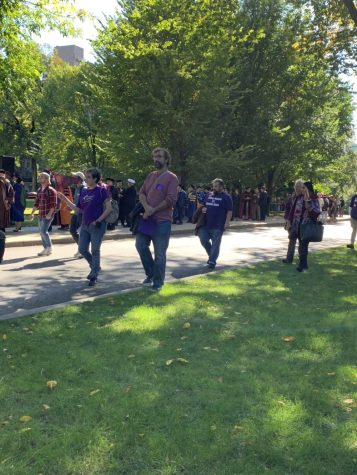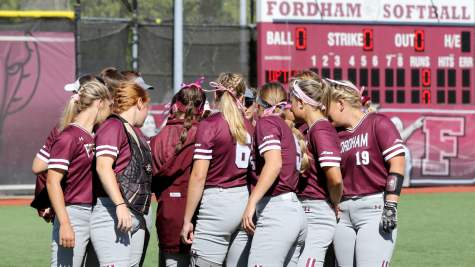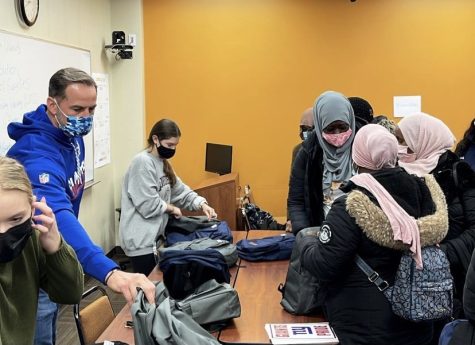Fordham Administration Addresses Mold in Residential Halls
On Thursday, Oct. 21, O’Hare Hall residents received an email with the subject line “Change of Season and Mildew and Mold.” The email discussed the Office of Residential Life’s planned response to the “higher than usual number of work order requests” concerning mold or mildew in O’Hare. It also informed residents that Facilities staff would be working alongside a contracted company to inspect and clean the building that same day.
O’Hare resident Anita Millsom, GSB ’24, said that while some residents were unaware of the growth in O’Hare, “almost all the students had known that the mold was a problem for a while.” She shared residents’ photos of growth on vents and even on the ceiling of a common area. “It wasn’t until everyone started submitting work orders that they finally did something about it,” said Millsom.
Despite the number of work orders that were submitted, the Residential Life email assured students that an increase in mold and mildew is not unusual during “the change of seasons and the kind of warm weather we are having late into this semester.” Mold and mildew thrive in moist environments, and rain has been in no shortage over the past two months, with severe rainstorms causing campus closures on several occasions this semester. That said, O’Hare residents told the Ram they were still “annoyed” with what they perceived as a delayed response to their concerns.
The Residential Life office encouraged residents to contact Facilities or submit a work order as soon as they discover mold, mildew or any other type of growth in dorm rooms or common areas. The response will typically entail an inspection and cleaning of room ventilation units and cleaning or disinfecting of affected items. Per the Oct. 21 email,
“Other response actions may include installing relative humidity data loggers in the rooms, providing portable dehumidifiers, servicing shower/toilet room exhausts and inspecting all plumbing systems for leaks.”
Concerning her room, Millsom said, “We did have mold in our vents. It wasn’t as bad as some of the other rooms.” However, Millsom said she and her roommate suspect that whatever was growing in their room has caused them persistent respiratory symptoms “pretty much since [they] got here.” Millsom’s roommate was diagnosed with bronchitis early in the semester, but there was no confirmation that the growth in their room was “black mold” — a term used to describe a number of growths known to cause significant health issues.
The Office of Residential Life said that there were no recorded incidents of black mold, although the office’s email to O’Hare residents stated that “some residents may be more susceptible to common strains of mold and mildew due to personal respiratory issues.”
Fortunately, now that individual rooms have been cleaned, residents do not have to worry about mold spreading throughout the building, as “there is no ductwork that connects the rooms” in O’Hare Hall, according to the email.
The Office of Residential Life advises that students exercise caution with damp items such as clothes or towels. Additionally, the office recommends that residents turn off air conditioning units in unoccupied rooms and avoid setting the thermostat below 68 degrees “during periods of high relative humidity.”
Millsom said she went beyond these recommendations and purchased an air purifier. Although she is frustrated with how long it took to finally take care of the mold and mildew in the building, she hopes that the inspections and cleaning will prevent further issues.
“I don’t think there’s much [The Office of Residential Life] can do at this point other than be honest with us,” said Millsom. “[They have] done everything they can for the moment by cleaning the vents, the only thing we can ask for is transparency going forward.”
Charles Clency, assistant dean of students and director of residential life, stated for the Ram: “Change of season and wet weather can bring additional work orders to the University and requests for cleaning of in-room air conditioning units, surfaces, or other items that have become wet or are simply dirty. While we have seen no growth that turned out to be harmful or dangerous, our partners in campus operations have been very responsive in the residence halls and staff have worked to keep the residents updated.”





































































































































































































